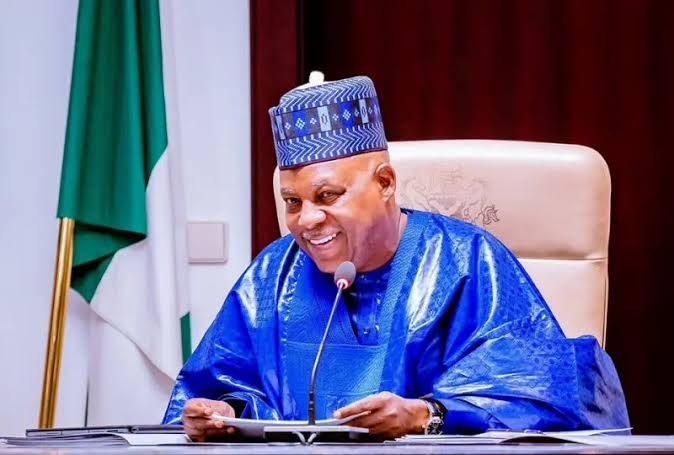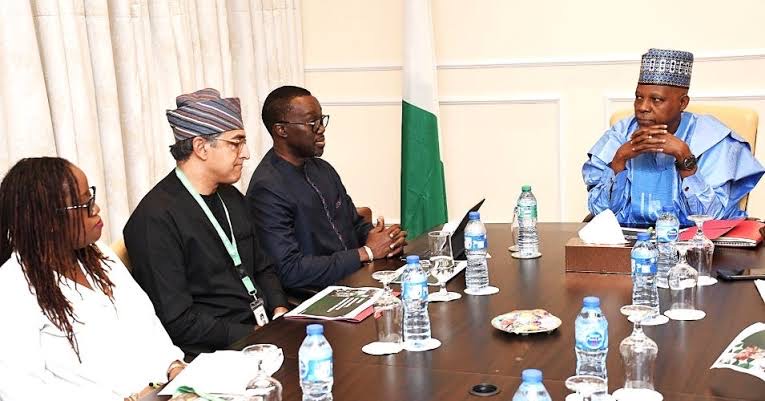The Federal Government is set to transform Nigeria’s educational system through a major integration of technology into educational infrastructure, according to Vice President Kashim Shettima. This initiative aims to modernize the educational landscape, making learning more accessible, efficient, and relevant to the demands of the 21st century.
In a recent statement, Shettima outlined the government’s commitment to enhancing the quality of education by incorporating advanced technology into schools and universities across the country. This move is part of a broader strategy to address longstanding challenges in the education sector, including inadequate resources, outdated teaching methods, and limited access to quality learning materials.

One key component of this initiative is the development of digital classrooms equipped with interactive tools and resources. These digital classrooms will provide students with access to a wealth of online educational content, interactive lessons, and real-time feedback, significantly improving the learning experience.
The integration of technology is expected to bridge the gap between urban and rural schools, ensuring that students in remote areas also benefit from modern educational tools.
Additionally, the government plans to implement e-learning platforms that will offer a range of educational services, including virtual classes, online textbooks, and digital assessments. These platforms will enable students to learn at their own pace and access high-quality educational materials from anywhere, thus promoting a more flexible and inclusive learning environment.

The integration of technology into the education sector also includes training for teachers to effectively use these new tools and resources. Professional development programs will be established to ensure that educators are well-prepared to incorporate technology into their teaching practices and maximize its benefits for their students.
Shettima emphasized that this technological upgrade is not just about improving access to education but also about fostering skills that are crucial in today’s digital economy. By equipping students with digital literacy and technical skills, the government aims to prepare them for future job markets and drive innovation in various sectors.
The Vice President also highlighted the importance of collaboration with private sector partners and educational technology providers. These partnerships will be crucial in delivering the necessary infrastructure, tools, and support to make this initiative successful.
Overall, the Federal Government’s plan to integrate technology into education infrastructure reflects a forward-thinking approach to addressing educational challenges and preparing Nigeria’s youth for a rapidly evolving world.
By embracing technology, the government hopes to enhance educational outcomes, reduce disparities, and ultimately contribute to the nation’s economic growth and development.
This ambitious project represents a significant step toward modernizing Nigeria’s education system and ensuring that all students have access to the tools and resources they need to succeed in an increasingly digital age.




































